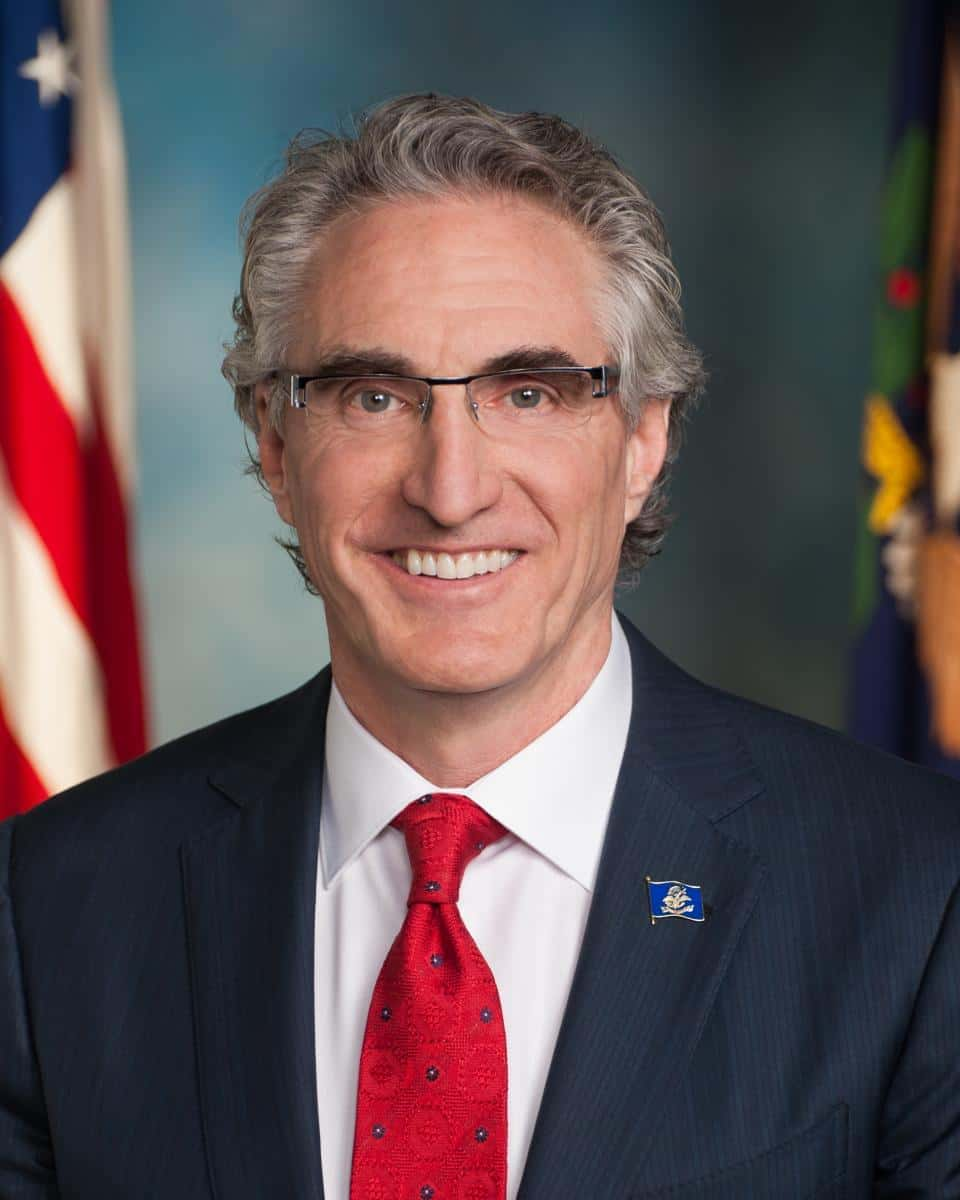
BISMARCK, N.D. – Gov. Doug Burgum along with North Dakota Department of Commerce Workforce Director Katie Ralston Howe and Job Service North Dakota Executive Director Pat Bertagnolli today announced that $15 million is available to address the state’s workforce needs through the newly created North Dakota Regional Workforce Impact Program (RWIP).
The grant program was part of Burgum’s Accelerate ND plan, which contained his executive recommendations to the state Legislature for strategically investing federal funds from the American Rescue Plan Act (ARPA). During a special session in November, the 67th Legislative Assembly appropriated $15 million for regional workforce grants.
The North Dakota Department of Commerce, which is administering the program, is now accepting applications for RWIP grants at https://ndgov.link/RWIP.
“Workforce remains our No. 1 barrier to economic growth in North Dakota. Strengthening our workforce through innovative, locally driven solutions supported by programs like RWIP will create a pathway to a stronger economy,” Burgum said. “By addressing our workforce challenges, we can meet the needs of our residents, businesses and communities and build a foundation for a thriving economy filled with opportunities for current and future generations.”
Aimed to offset the cost of local solutions with a regional impact, the RWIP will provide grants to regional economic and workforce development entities in North Dakota to design and implement innovative plans that address the most demanding workforce challenges for North Dakota businesses and entities large and small.
Eligible applicants include the following:
- Economic development organizations
- Incorporated Cities
- Chambers of Commerce
- Job development authorities
- Regional councils
- Other organizations addressing local or regional economic development needs.
“The North Dakota Regional Workforce Impact Program will empower locally led solutions to one of the state’s greatest challenges,” Commerce Workforce Director Katie Ralston Howe said. “Workforce needs vary by region, so a one-size-fits-all approach is unrealistic and would not adequately address challenges in all areas of the state. By creating a regional funding mechanism to support workforce initiatives, local and regional partners will have the ability to access funding tailored to their regional needs.”
To ensure equitable access to grant funding, an allocated amount of funds is reserved for each planning region. Amounts were determined by population as reported by the 2020 decennial U.S. Census.
Up to two bordering regions may work together to combine projects and funding resources by providing a formal agreement signed by all regional partners included in the grant application.
The designated regions by counties and the maximum funding are:
- Region 1 (Divide, McKenzie, Williams): $1,060,000
- Region 2 (Bottineau, Burke, McHenry, Mountrail, Pierce, Renville, Ward): $1,830,000
- Region 3 (Benson, Eddy, Cavalier, Ramsey, Rolette, Towner): $1,000,000
- Region 4 (Grand Forks, Nelson, Pembina, Walsh): $4,040,000
- Region 5 (Cass, Ransom, Richland, Sargent, Steele, Trail): $4,040,000
- Region 6 (Barnes, Dickey, Foster, Griggs, Lamoure, Logan, McIntosh, Stutsman, Wells): $1,020,000
- Region 7 (Burleigh, Emmons, Grant, Kidder, McLean, Mercer, Morton, Oliver, Sheridan, Sioux): $3,020,000
- Region 8 (Adams, Billings, Bowman, Dunn, Golden Valley, Hettinger, Slope, Stark): $1,000,000
Applicants are required to demonstrate a 25% match of the overall project budget. The grant may provide up to $4 for every $1 applied by the regional applicant.
Proposals must fall under at least one of the following categories:
- Upskilling and/or reskilling initiatives for in-demand jobs. These programs may include educational classes and on-the-job training.
- Infrastructure investments that directly contribute to expanding access to job training, employment opportunities and workforce support.
- Investments in child care or related supportive services to assist employees in accessing new training opportunities and/or expanding and supporting participation in the labor force.
- Providing career counseling or coaching services that aid employees in pursuing new training and employment opportunities.
- Capital investments, capital purchases for new or renovated space to support the applicant’s proposed program.
- Talent attraction for the following industries: manufacturing, health care, energy, tourism, and hospitality. Applicants must identify the direct connection in aiding in pandemic recovery and proposing a solution to a problem exacerbated by the pandemic.
- Housing projects to address homelessness or the housing needs of low-income individuals and families. Housing projects must demonstrate the most productive and most effective use of the funds and impact the most people possible.
Projects must take place in North Dakota, and program participants must reside in North Dakota.
The RWIP is a grant program that is federally funded under the American Rescue Plan Act and administered by Commerce.
Commerce will host an informative virtual meeting about the RWIP at 11 a.m. Tuesday, March 29.
